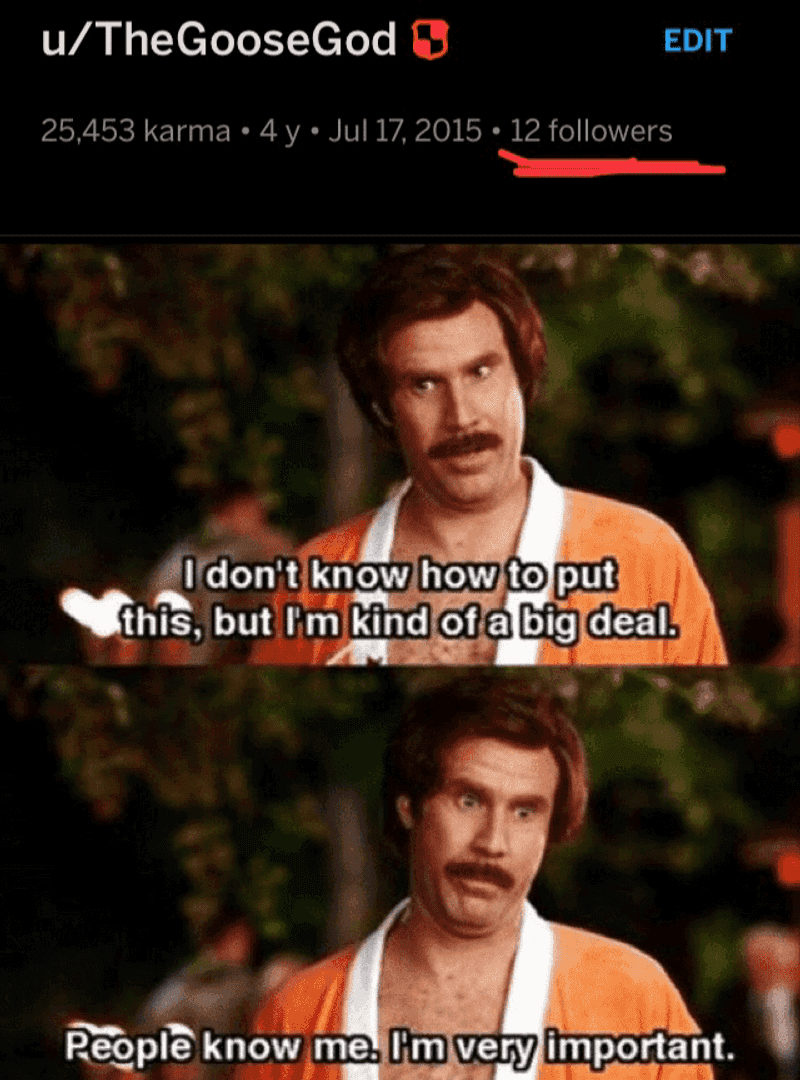Sometimes, the way people speak can reveal a lot about their personality, especially if they think the world centers on them. Here are 13 distinct phrases that often indicate such a mindset.
1. “I always…”

“I always know best,” they proclaim, elevating themselves to sage-like status. This declaration isn’t just about sharing knowledge; it’s a statement of self-assurance that borders on arrogance. Each repetition of “I always” is like a badge of honor, a testament to their infallibility.
In their world, they are the constant, the one who never errs. Their supposed wisdom becomes a shield, protecting them from any admission of mistakes. It’s a phrase that turns every conversation into a spotlight, shining solely on their perceived brilliance.
Yet, how often does this hold true?
2. “It’s my way or the highway”

“It’s my way or the highway”—a phrase that leaves little room for compromise. This ultimatum sets the stage for a one-man show where only one star shines.
Control is at the core, as they steer conversations and decisions toward their desires. Such declarations can stifle collaboration, where flexibility could foster innovation.
Yet, this rigid stance may mask a fear of losing control. The road less traveled remains unexplored, all because the spotlight never shifts. Is there not more to discover when paths intertwine?
3. “You wouldn’t understand”

“You wouldn’t understand,” they say with an air of superiority, creating a chasm between them and others. This phrase is often wielded to elevate themselves above the perceived ignorance of those around them.
It’s a conversation stopper, a subtle way of saying “I’m above you,” without uttering the words. The implication is clear: their experience or knowledge is beyond comprehension.
But does this phrase hide insecurity, or genuine complexity in their thoughts? Often, it’s a wall, not an invitation to bridge understanding. What if we dared to ask for clarity instead?
4. “I don’t need anyone’s help”

“I don’t need anyone’s help,” they insist, cloaked in a veneer of independence that might be more facade than fact. This phrase speaks of self-reliance, yet echoes loneliness and perhaps a fear of vulnerability.
In a world that often thrives on collaboration, they choose isolation, believing their strength lies in solitude. The statement is as much about pride as it is about self-sufficiency.
But behind this bravado, does the heart silently yearn for connection? Is there strength in admitting we sometimes need each other?
5. “Everyone else is wrong”

“Everyone else is wrong,” they declare, casting themselves as the sole harbinger of truth. In their narrative, they are the enlightened one, surrounded by misguided souls.
This phrase can turn dialogue into monologue, dismissing alternate views with a wave. Certainty becomes their fortress, shielding them from doubt.
Yet, could this unyielding confidence be a mask for insecurity? It’s a phrase that alienates, yet what if lowering the drawbridge allowed new perspectives to enrich the story?
6. “I deserve better”

“I deserve better,” a mantra whispered in moments of dissatisfaction, reflects a sense of entitlement. It’s not just a quest for improvement; it’s a proclamation of worthiness that can tip into arrogance.
This phrase can inspire growth, yet it also risks overshadowing gratitude for what is. By focusing on what they lack, they may blind themselves to the richness already present.
But does the constant pursuit of “better” leave them perpetually unfulfilled? Where does contentment fit in this equation?
7. “Why does this always happen to me?”

“Why does this always happen to me?” captures a sense of victimhood wrapped in self-importance. Each misfortune becomes a personal affront, as if the universe conspired against them.
This phrase often reflects a pattern of seeing oneself at the center of every adverse event, as though singled out by fate.
By focusing inward, they miss broader patterns that might reveal different truths. Is this mindset a comfort, a way to make sense of chaos, or does it blind them to lessons and growth?
8. “I can’t believe they’d do this to me”

“I can’t believe they’d do this to me,” a phrase that drapes surprise in self-centeredness. It’s as if every action against them holds personal intent, ignoring broader contexts.
Their disbelief often stems from an expectation of special treatment, where reality fails to match their script. The world, it seems, should cater to their narrative.
Yet, does this perspective limit empathy? Could understanding others’ motivations lead to a more nuanced view? Perhaps the disappointment holds a mirror to their own expectations.
9. “I’m too good for this”

“I’m too good for this,” they proclaim, as they elevate their status above the mundane. Every task that doesn’t match their perception of worth becomes a slight.
This phrase reinforces a hierarchy of importance, placing themselves firmly at the top. Yet, it can also breed discontent, where everyday challenges become beneath them.
Could this mindset be a barrier to growth? Embracing all experiences might lead to discoveries that redefine “good enough.”
10. “They just don’t get it”

“They just don’t get it,” a phrase that underscores a divide between their understanding and others’. It dismisses differing viewpoints as inferior, reinforcing their unique insight.
This perspective can lead to isolation, where collaboration becomes difficult. By assuming misunderstanding, they deny the value in diverse ideas.
Yet, how often does this reflect frustration rather than fact? Perhaps seeking clarity could bridge the gap they’ve widened.
11. “It’s all about me”

“It’s all about me,” a phrase that epitomizes self-centeredness. In their world, they are the orbit around which everything revolves.
This mindset can make relationships transactional, where others exist to serve their needs. Yet, such an approach may lead to loneliness, where genuine connection is lost.
Could a shift in focus reveal a richer tapestry, where others’ narratives enhance their own? Perhaps it’s not always about them, but about us.
12. “Do you know who I am?”

“Do you know who I am?” they ask, wielding status as a weapon of intimidation. It’s a question that demands recognition, leveraging perceived importance to gain an advantage.
This phrase often signals insecurity, where validation is sought through others. Yet, it can also alienate, turning interactions into power plays.
Might humility offer a softer path? Recognizing shared humanity could open doors closed by arrogance.
13. “I’m the exception to the rule”

“I’m the exception to the rule,” they assert, claiming a unique status that sets them apart. It positions them above conventions, as if rules are mere suggestions.
This phrase can inspire individuality, yet it also risks alienation, where belonging is sacrificed for distinction.
Is there strength in standing out, or might conformity, at times, weave a stronger community? It’s a balance between self and society, perhaps more complex than the rule implies.
Hi all, I am Sidney, an accountant, a hobbyist photographer, and a mother to two sweet girls who are my motivation. I love sharing the tips and tricks I gained all these years I’ve been a mother. I hope it will help you!

